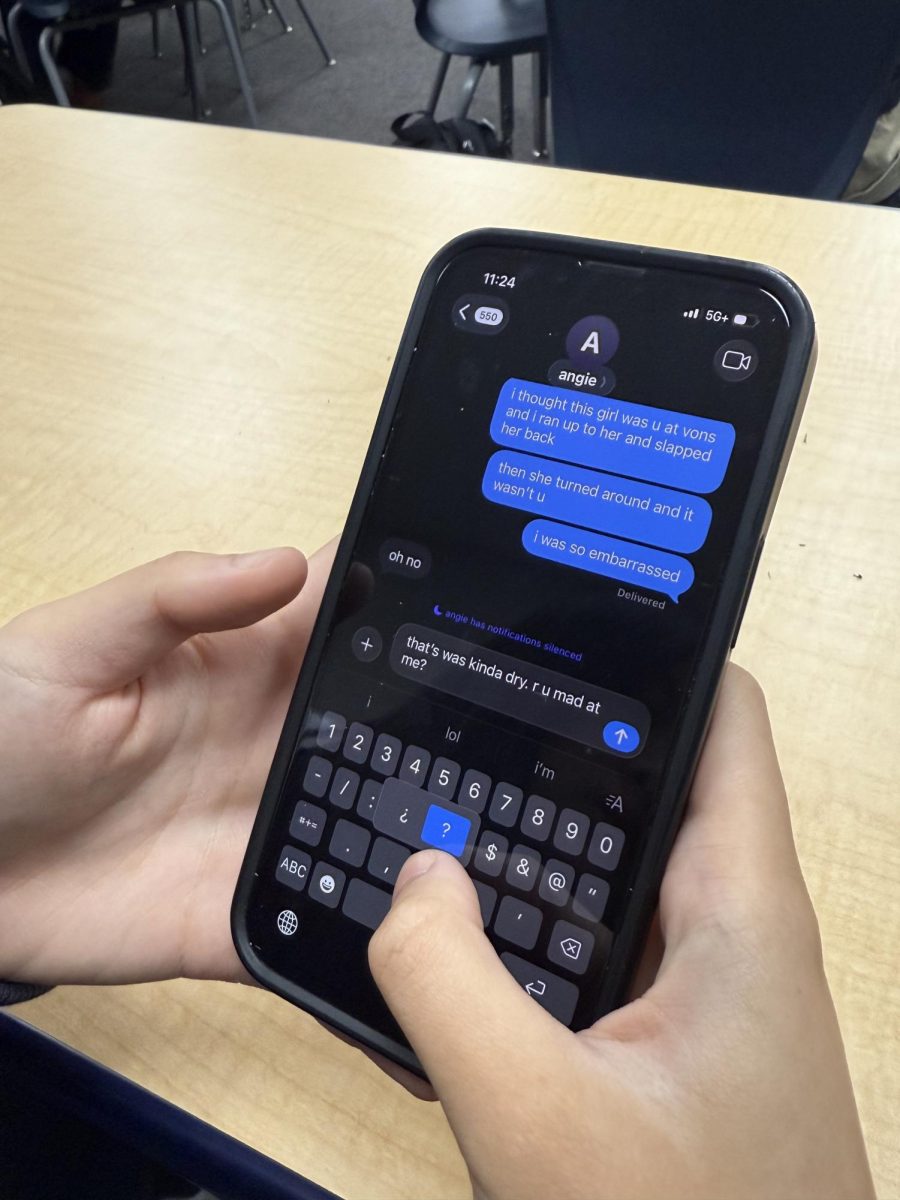In recent weeks, the University of South Carolina (USC) Speak Your Mind Ice Bucket Challenge has surged across social media platforms, echoing the viral 2014 social media movement. Originally designed to raise awareness and funds for amyotrophic lateral sclerosis (ALS), the challenge has been repurposed by students at the USC to spotlight mental health issues and support suicide prevention efforts through the nonprofit Active Minds.
The initiative was started by USC junior Wade Jefferson who lost two friends to suicide and aims to use this campaign to destigmatize mental health discussions among youth. From a small goal of $500, the challenge has raised over $340,000 and has been exposed to major celebrities like James Charles and Peyton Manning who are also participating in the trend.
However, as the trend floods TikTok and Instagram, a troubling pattern is evident. Many students are not even tagging the USC Minds account or acknowledging the cause they are “supporting.” Instead of sharing mental health resources, individuals are just tagging their friends to keep a chain alive, treating the challenge as a way to complete a trend rather than a real effort to promote mental health and suicide prevention.
Another truth that many fail to recognize are the people who don’t have any friends that would nominate them to participate in the challenge. The entire setup of recording a video and tagging three to five friends unintentionally leaves out those who might be struggling the most. If someone does not get tagged or feels isolated to participate, it could indirectly deepen feelings of loneliness which is the very thing the movement is fighting against. It’s ironic that a mental health campaign risks excluding the most vulnerable population by centering the challenge around social clout.
We at The Hoofprint believe that mental health awareness is supposed to be inclusive. It’s about reaching the people who feel unseen and unheard, not spotlighting those who already have an adequate support circle. When participation becomes a social game, we lose the opportunity to connect with those who need it most. Instead of making people feel left out, real mental health initiatives should encourage personal check-ins and frequently updated resources that don’t rely on how many likes or comments you can gather. We need to rethink whether challenges like this are truly building community or unintentionally reinforcing the separation we intend to heal.
Viral moments can be powerful tools for awareness, but when participation starts to become a popularity contest and begins to outweigh its true purpose, the original message gets lost. Supporting mental health should not be about how many friends you can get to complete the challenge. It should be about reaching out and creating spaces where everyone feels seen, especially those who might be suffering in silence. The USC Speak Your Mind challenge has the right intentions, but it’s up to us to make sure it is centered around saving lives, not likes and views.





